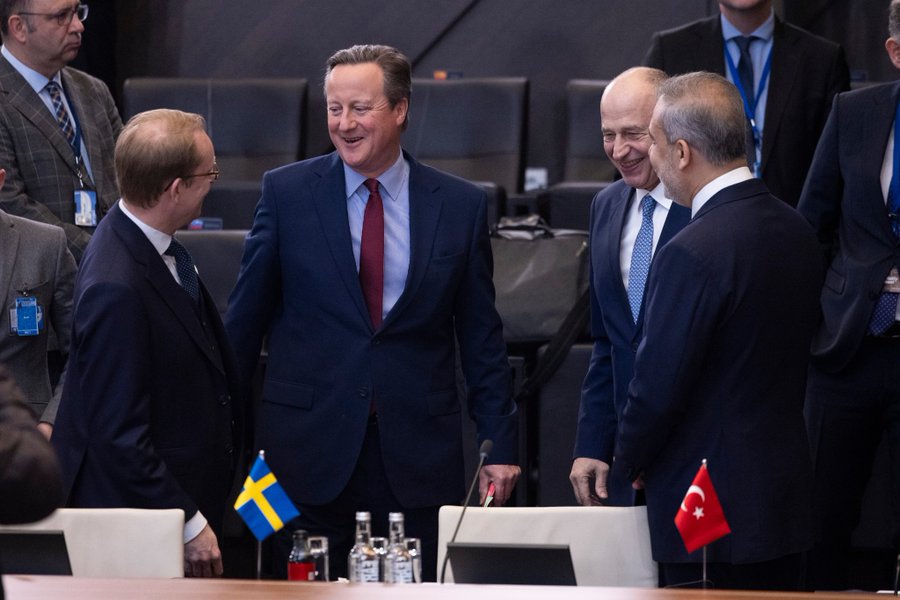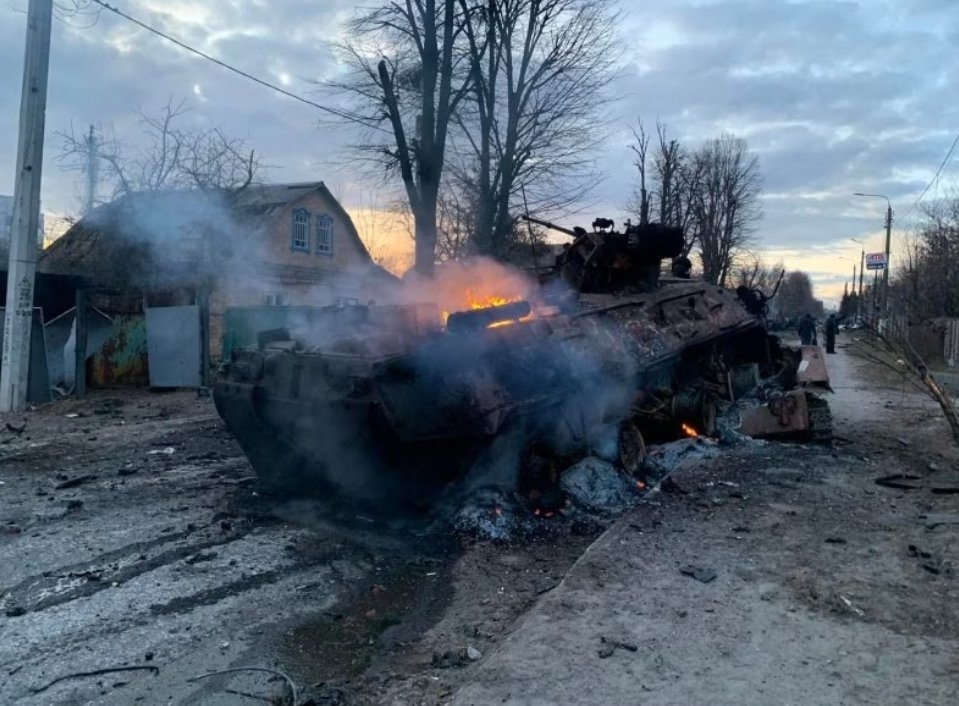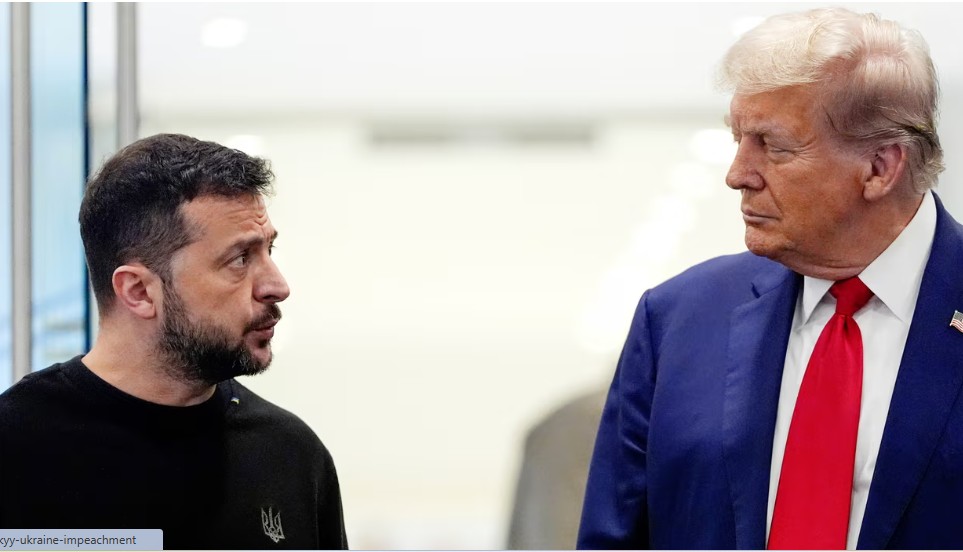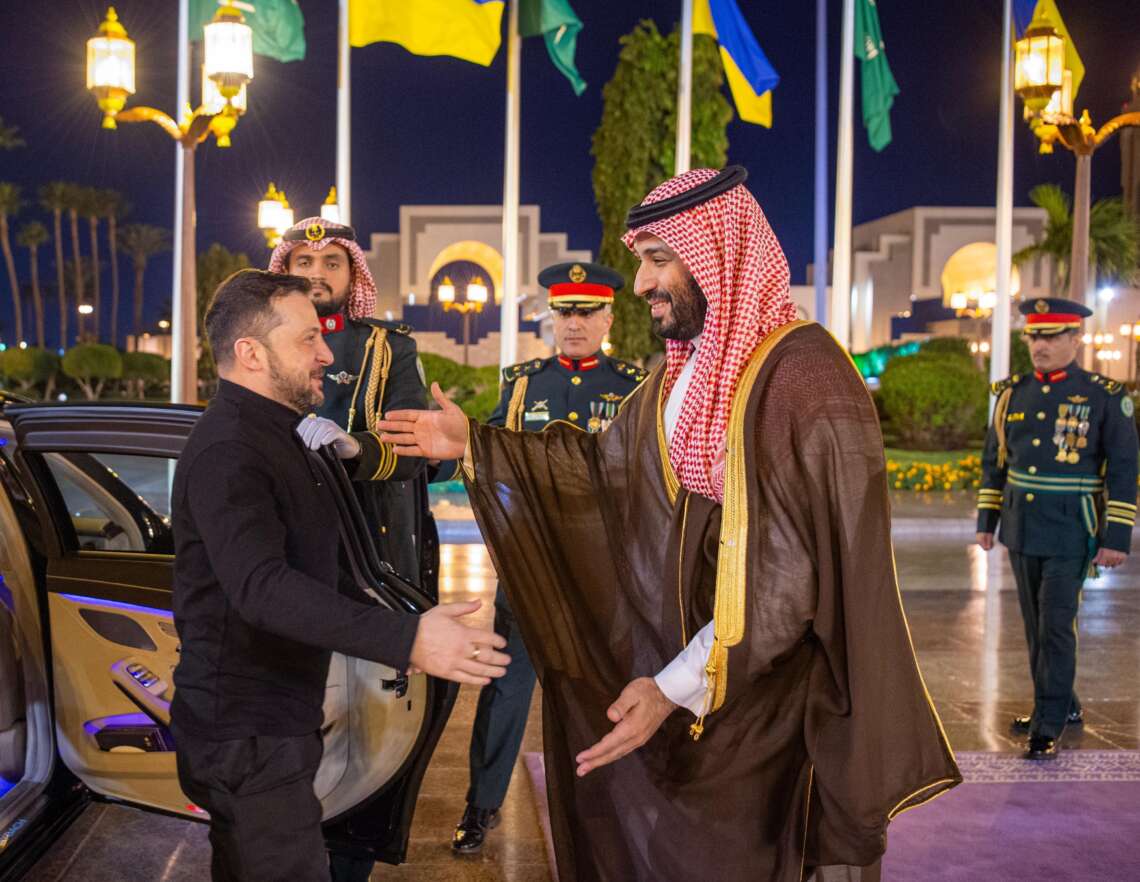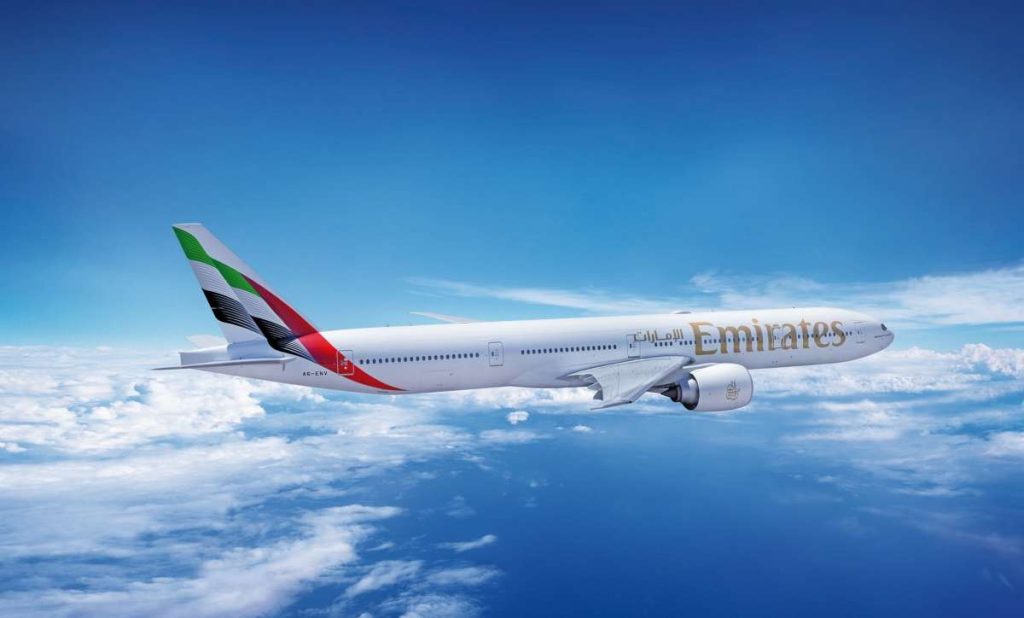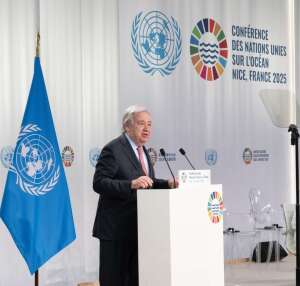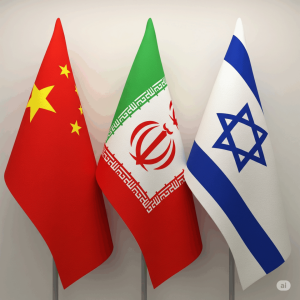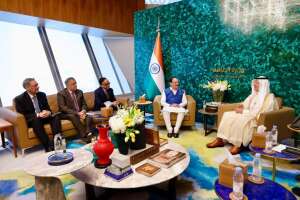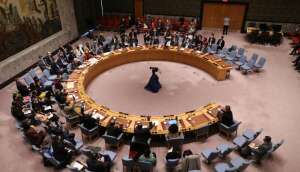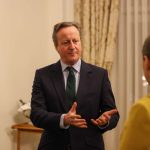The foreign secretary acknowledged that the “war will be lost if the allies don’t step up.” But asked whether Western nations should send troops into Ukraine, Cameron replied “no”…reports Asian Lite News
Foreign secretary Cameron has ruled out Western troops being sent into Ukraine to avoid giving Russian President Vladimir Putin “a target”.
The foreign secretary acknowledged that the “war will be lost if the allies don’t step up.” But asked whether Western nations should send troops into Ukraine, Cameron replied “no”.
He added Nato must be in the “best possible shape” by the US elections.
Cameron was speaking at a two-day North Atlantic Treaty Organisation (Nato) summit of 32 foreign ministers in Brussels.
Nato boss Jens Stoltenberg has floated plans for a 100 billion euro (£86bn), five-year package of military aid to Ukraine, with the aim of finalising a package in time for the next summit in Washington in July.
The move is aimed at allaying concerns around the outcome of the US election in November, with candidate Donald Trump suggesting the US could cut support, and claiming some Nato members were not paying their way.
One diplomat, quoted by the Reuters news agency, suggested the package “goes some way to protecting in case of Trump. But it is impossible to create something Trump-proof”.
Cameron said he’d be making his second visit to the United States since becoming foreign secretary next week and would be urging Congress to give more financial support, which “could change the narrative” in Ukraine.
Nato would have to work with whoever wins this year’s US election, he said, so now was the time to get into “the best possible shape by November” – alluding to complaints from candidate Trump.
He told Ukrainecast: “If we can get that money out of the US Congress, if we can get Ukraine the arms they need, if we can show Putin that he can’t outwait us and that Ukraine is going to fight back and win back more of its territory.
“If we can do all those things, whoever gets in November, we’ll look at the situation in Ukraine and… look at more and more Nato members spending 2% of their GDP on defence and say, this is a success story. I want to invest in this success. So turn Ukraine in the situation and Nato into the strongest possible alliance with the strongest possible prospect of success. And whoever wins in November 2024 would inherit a better situation.”
The UK is a founding member of Nato, formed 75 years ago by countries including the US, Canada and France in order to block expansion by the Soviet Union – a group of communist states which included Russia.
Some Nato members have sent weapons to Ukraine, with the UK, US, Germany and Turkey providing anti-tank weapons, missile defence systems, artillery guns, tanks and military drones.
The US and UK have also supplied long-range missiles.
Nato countries have not sent troops to Ukraine, and ruled out using their air forces to impose a no-fly zone over the country, because of fears such action could provoke a direct conflict with Russia. But the Russian invasion has rebooted conscription, particularly among countries living on Russia’s doorstep.
Asked about fears the war could still spill over the Ukrainian border, particularly in Poland and the Baltics, Lord Cameron gave assurances that Nato would intervene in those circumstances, under the organisation’s Article 5 pledge that “an attack on one is an attack on all”.
But he ruled out Western “boots on the ground” in Ukraine itself, saying: “We don’t want to give Putin a target like that.”
The former prime minister said the UK would use the “architecture of Nato” to deliver support to Ukraine but drew a distinction between a Nato mission “for Ukraine” as opposed to “in Ukraine”.
He added: “I think it’s not escalatory to say we’re going to help this independent, sovereign country to fight off an aggressor and we’re going to give it all the help we can in order to do that.”
Britain has given Ukraine more than £7bn and trained more than 60,000 Ukrainian soldiers, in a programme started under Cameron’s tenure as PM.
But the foreign secretary urged other countries backing Ukraine to also step up, perhaps by donating weapons.
“Some weapons have an expiration date,” he said. “Much better to give those to Ukraine and they can use them than have to decommission them at home that actually costs you money.”
Ukrainecast host Lucy Hockings tried to ask the foreign secretary about his views on the Israel-Gaza conflict but he declined to comment, saying he wanted to focus on Ukraine.
ALSO READ-Cameron calls for increased NATO spending amid Ukraine conflict

